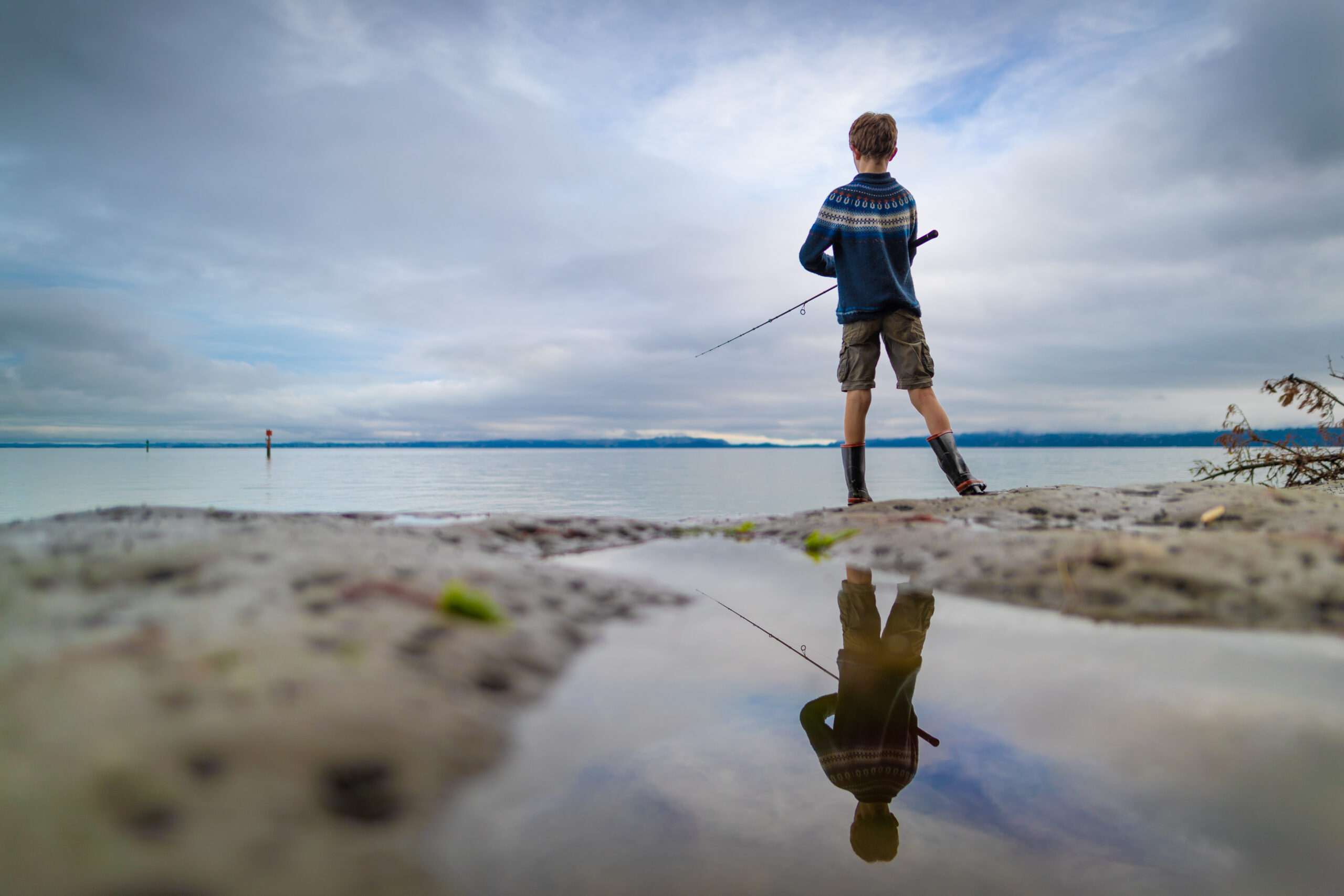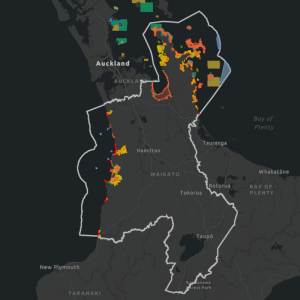Next summer could look very different if you enjoy spending time in the Coromandel. The ability to cast a line at your favourite fishing spot, or enjoy a day at the local beach with your family may be cut short if challenges to the proposed Waikato Regional Council Coastal Plan are successful.
When approved, the proposed coastal plan will be effective for 10 years. It covers the inner waters of the Hauraki Gulf, Coromandel down to Waihi, and the west coast from Waiuku to Mokau. More than two million people have access to these waters so it was important for us to get involved and support the positive aspects of the Coastal Plan.
In our recent submission on the plan we agreed with the Council that any new measures must avoid having an adverse effect on the values associated with recreational fishing. Access must be maintained for families fishing for food and hand gathering kaimoana. After all, the maintenance and enhancement of public access to and along a coastal marine area is a matter of national importance under the Resource Management Act.
Restoration of the marine environment is needed, and there are plenty of people who will be promoting no-fishing marine reserves as a solution. Over a thousand people who submitted via the LegaSea website called on the Council to better protect the marine environment. After all, the Council has a duty to protect indigenous biodiversity. So, it must go further to protect the seabed. They must ban from waters under their control mobile, bottom-contact fishing methods such as trawling, Danish seining and dredging.
Over the past three years over 7.6 million kilos of blue and jack mackerels (combined) were harvested from the Hauraki Gulf. Most of these bait fish were exported for a measly return of less than $2 per kilo. They are worth so much more in the food web, yet Fisheries New Zealand fails to protect them from mass exploitation. So, to protect these food sources for our endangered seabirds, whales and dolphins, the Council must also prohibit purse seining in the waters under its control.
Creating marine protected areas is not the easy fix to the multitude of issues threatening biodiversity in our inshore waters. Experts acknowledge that the foremost threat to marine habitats is sedimentation, so marine protection alone will not solve what goes into the water. The Waikato Regional Council must take stronger action to prevent land based pollution and sediments entering our waterways.





